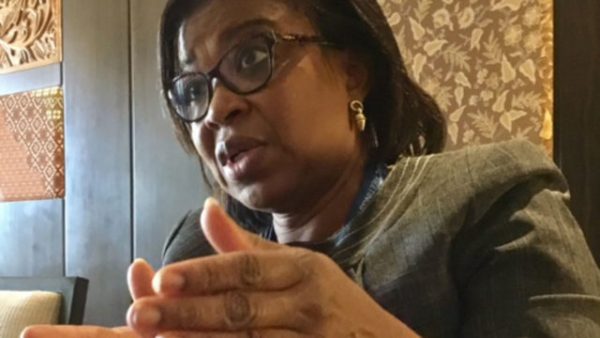Debt servicing on Nigeria’s Eurobonds rises by 86%

The amount spent by Nigeria on servicing Eurobonds and Diaspora bonds has risen by 85.67 per cent between the first and the second quarter of 2022.
An analysis of data on actual external debt service payments from the Debt Management Office showed that Nigeria spent a total of $246.16m on servicing its foreign bonds in the first quarter of 2022.
By the second quarter of the same year, the total debt service cost on these loans rose to $457.01m.
Hence, the debt service has risen by 86 per cent between the two periods.
A Eurobond is “a debt instrument that’s denominated in a currency other than the home currency of the country or market in which it is issued,” according to Investopedia,
Similarly, a diaspora bond is “a government debt security with investors drawn from the country’s nationals living abroad, their descendants, or those with another connection to the nation,” said the Migration Policy Institute as cited by the Brookings Institute.
A breakdown for Q1 2022 showed that the country paid the entire $246.16m on servicing Eurobonds.
However, a breakdown for Q2 2022 showed that the country spent $148.57m on Eurobonds and on $308.44m Diaspora bonds.
While debt servicing cost on foreign bonds made up 44.86 per cent of total external debt service in Q1 2022, it was 76 per cent of total external debt service by Q2 of the same year.
In March this year, Nigeria acquired $1.25bn Eurobond from the international capital market, making the country the first African country to access the market in 2022.
This happened a few days after the Minister of Finance, Budget, and National Planning, Dr Zainab Ahmed, had told Reuters that there was no plan to enter the Eurobond market in 2022.
The DMO said the proceeds of the Eurobond would be used to finance critical capital projects in the budget to bridge the deficit in infrastructure and strengthen Nigeria’s economic recovery.
According to the finance minister, the proceeds from the $4bn acquired from the Eurobond market the previous year would be used to fund fuel subsidy.








